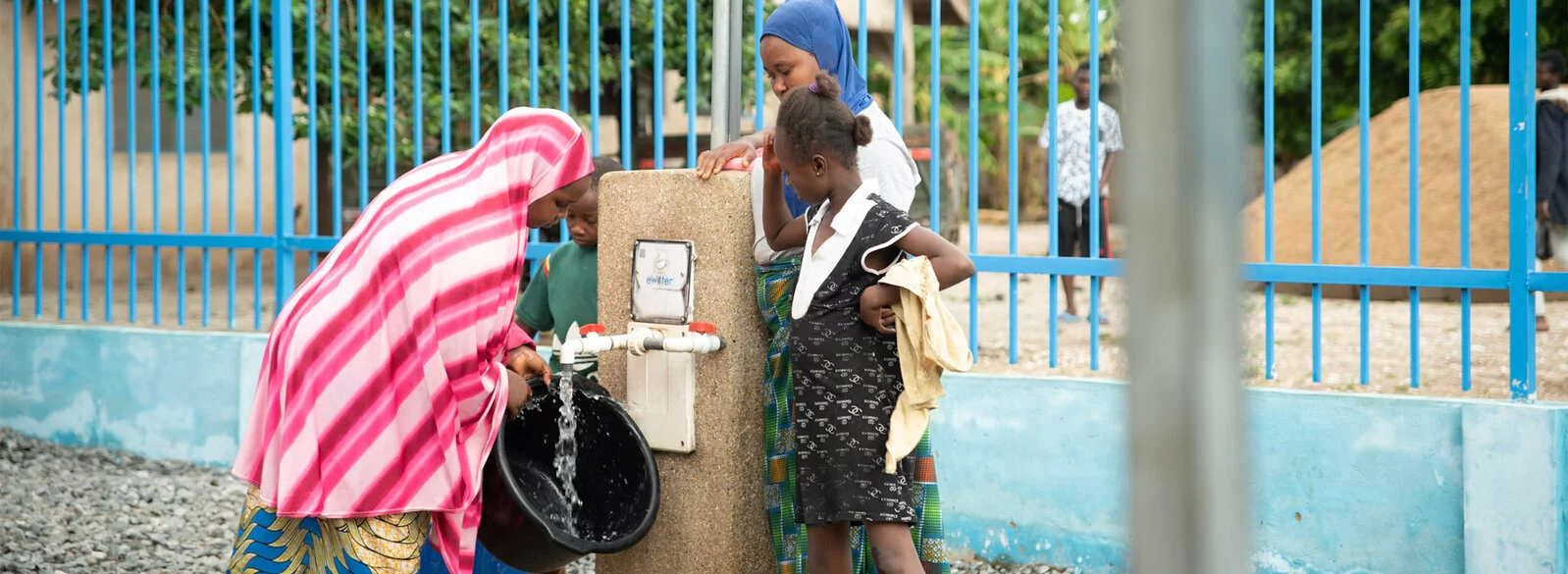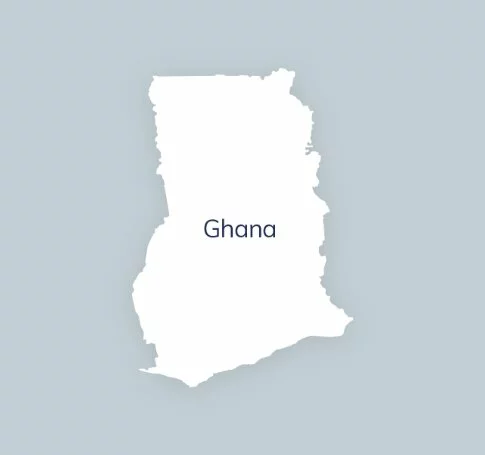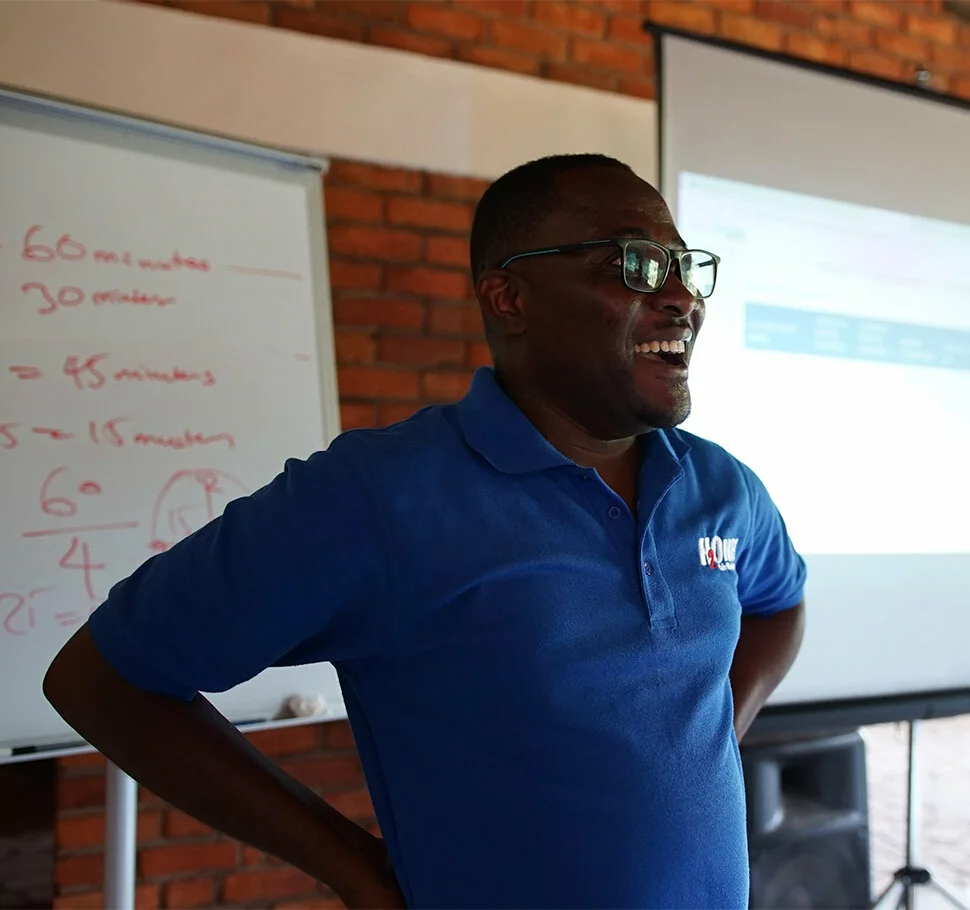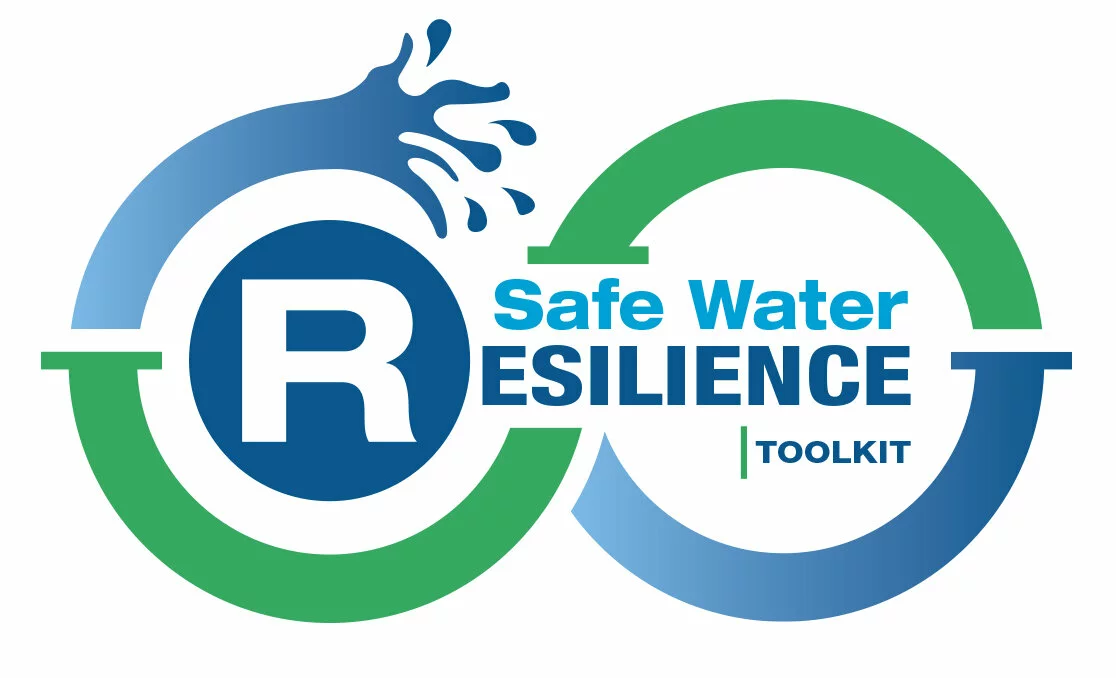Join the Waves of Change Global Campaign! Learn More


Since 2009, Safe Water Network has led the growth of safe water enterprises in Ghana. We work with communities, government agencies, development partners, and other stakeholders to develop and replicate sustainable solutions to the supply of safe water.

From our country office in Accra, we deploy field personnel to provide the support and leadership required to promote the safe water enterprise model across Ghana.
The most recent publications on our work in Ghana.

Making Piped Water to Households Affordable and Available

Insights from the Free Water Mandate in Ghana

Safe Water Resilience Toolkit
News & Updates
All Ghana Stories